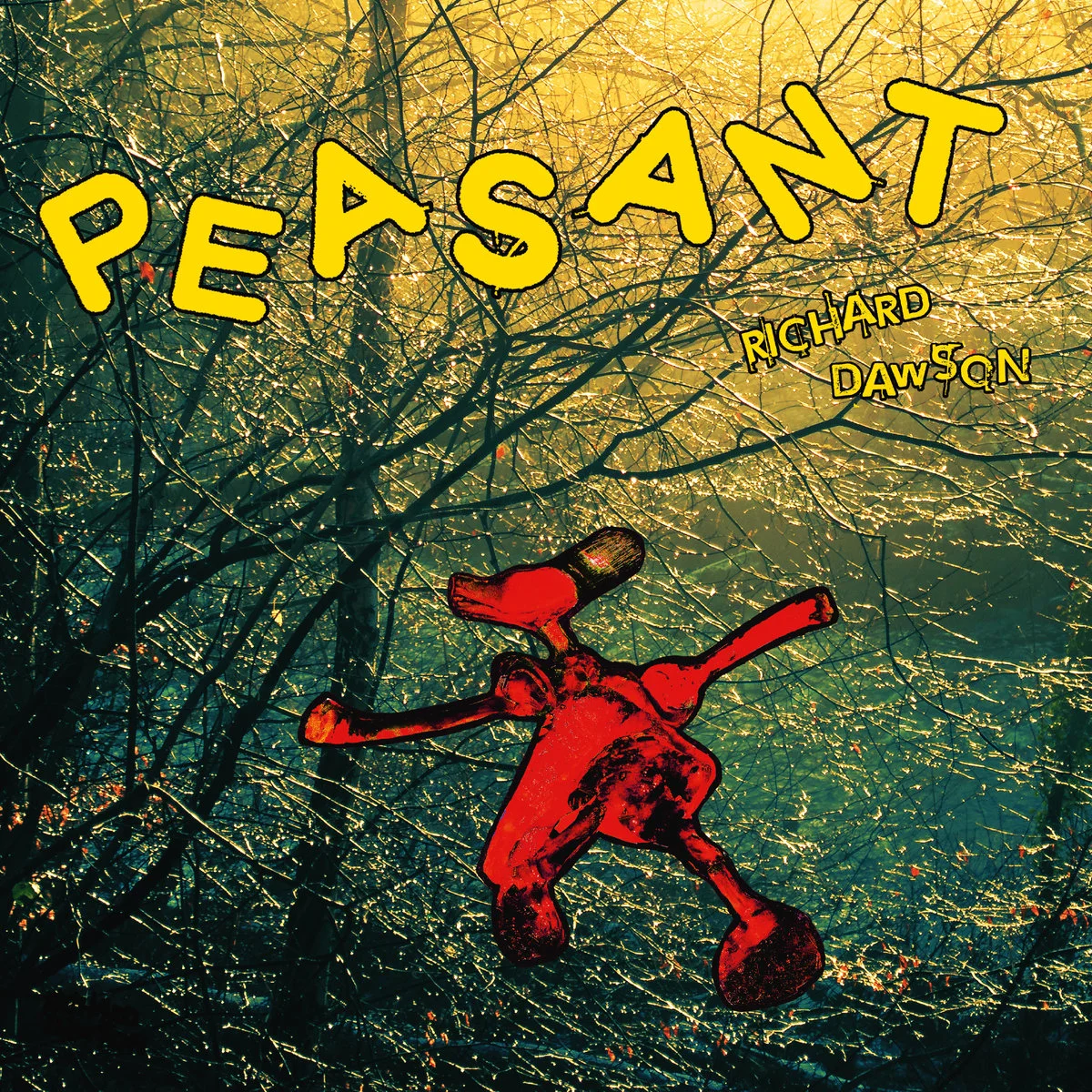Richard Dawson
“Softness” is a common insult in the modern age.
A declaration that most of us wouldn’t survive past eras of turmoil and torture, where the people were hardier damn it! But, as the unfortunate truth tells, even the most “hardy” people usually didn’t survive their respective ages. It wasn’t that long ago that all the gold or moral fortitude in a kingdom wouldn’t do jackshit against cholera.
And Richard Dawson would like to bring that to your attention. His cast of miscreants, prostitutes, beggars, merchants, kings and mystics all go through trials of inordinate magnitudes on Peasant as he croons away, inhabiting each of their bodies, allowing us a voyeuristic view into this mud-caked, grimy world. Already known for his immaculately nasty eye for detail, there couldn’t be a better artist to explore the myths of our history. So, listen to our interview with Dawson, read our blurb on Peasant and see why we think it’s the best of the 10s.
“It has to be open. It has to not be precise. It has to be foggy. Nothing in life is crisp anyway. You think it’s crisp but it’s not.”
Peasant
After a belching opening of horns, Dawson dives into a brutish, pugnacious look at life in the Kingdom of Bryneich. You can smell the dung, the blood and urine that stained the very air. There is an overwhelming sense of anxiety, a deep-seated need to escape.
And for that escape, he ascends into the ecstatic, but with the full, terrifying out-of-body power ecstasy holds. How else could you describe the greek chorus gone torch-wielding mob in “Ogre” who chant and crow themselves into a frenzy; happy to sentence a man to death. Same goes for the seemingly polite conversation between townsfolk and a royal messenger on “Scientist,” which is soundtracked by a goddamn Iron Maiden gone Medieval guitar scratch. Is every note covered in dirt? How could it not be, but even there, in the muck, Dawson pulls beauty from the darkest corners of vileness. His keening cry as he inhabits the somber thoughts of the “prostitute” are unadorned by his usual cavalcade of sounds, instead just his guitar humming behind him as he rises higher and higher. “Weaver” follows the titular character as he comes to care for his lady’s babe, who is not his own blood. There’s a deep well of sadness, but as he smiles into the face of his adopted kid, the song remolds the dower foundation into something giddy. It’s a hard album to pin down, even before the mystical, merry bounce of “Shapeshifter.”
And in exploring that mythical time we’ve lost to false histories and our own created stories, he injects a surprising pop bounce. “Soldier” could be considered a cracked torch song, with our titular warrior crying “I am tired, I am afraid” while dreaming of his love far from the battlefield. The nearly 11-minute long “Masseuse” makes “I am tired of men” into a singing anthem and “Beggar,” the album’s most devastating moment, will worm its way into your soul, both for the crushing narrative and the cascading guitar lick.
Along with the various “miscreants, malingers, dastards and knaves” Dawson follows or possesses, the instruments fluttering around him take on personalities that cackle with energy. His guitar duets with his hovering falsetto, occasionally throwing in a sour note to mark its disagreement. Rhodri Davies’ harp is a spectral visitor haunting the sound and a whole mess of electronic, fuzzing sounds pop in and out like a malfunctioning teleporter is suddenly plopping a modern studio into our ancient setting.
All this is hinting that our very audience might be gently (or not so gently) pulling at the strings of fate. The villagers on “Scientist” have come across some strange contraption that has falling out of the sky, or time, or both. Visions dot our “Ogre”’s dreams of towers of silver piercing the sky, even as he strangles a goose to death. And someone, something, is always watching on. The violins, the harp, Dawson’s own hysteric yowls and coos beam in from somewhere ageless. A friendly cryptid hands a potato off to a luckless traveler, a monk carves the eyes out of a greedy would be robber, raiders from a different world fly in on flaming chariots. Strange, and wonderful, things are afoot.

